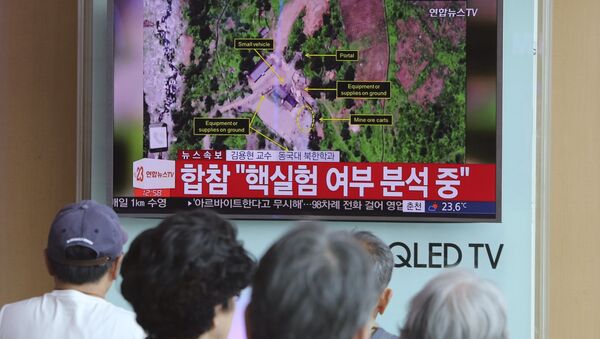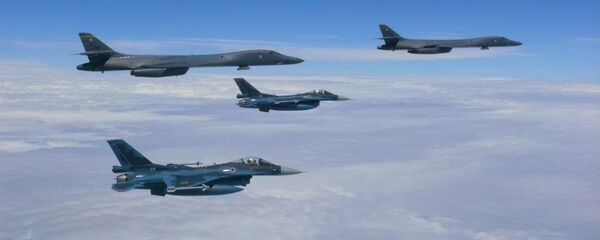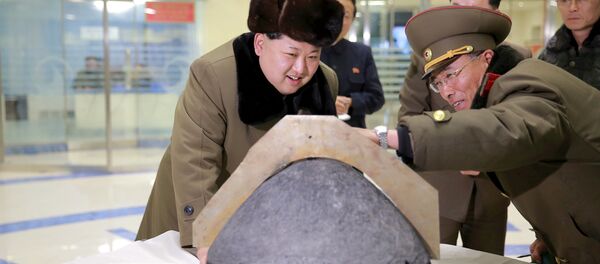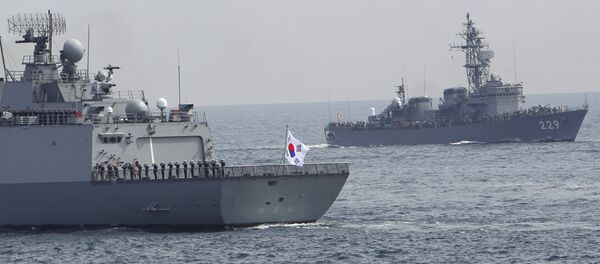While meeting with coalition lawmakers from the Japanese Parliament on Monday, Prime Minister Shinzo Abe said, "There is a possibility of further provocations," and that "We need to remain extremely vigilant and do everything we can to ensure the safety of our people," Nikkei Asian Review reports.
Japan is developing a multi-layered emergency procedure to either get its citizens out of South Korea in case conflict erupts or attempt to ensure that they can find safety if they can’t travel. This will include discouraging its citizens from traveling to South Korea unless necessary, discouraging all travel to the country, advising its citizens in the country to evacuate and, if necessary, find shelter where they are.
For instance, Tokyo would discourage all travel to the South if conflict breaks out between the two Koreas while urging all residents already in the country to evacuate. There is no travel advisory in place at the moment, however.
South Korea currently houses about 38,000 long-term residents from Japan and another 19,000 tourists or short-term residents. One Japanese government source told Nikkei that if Washington launched a military strike against the North, Tokyo would implement its own evacuation plan "regardless of whether the American plans are public."
Tokyo has already supplied its citizens in South Korea with a list of more than 900 safe zones that will be made available to them in the event of an attack, including shopping malls, certain subway stations and churches.
Japan is also attempting to get cooperation from US forces in South Korea to help shuttle Japanese evacuees from Seoul to Busan, a southeastern port city, in case airports are forced to close.
In response to the detonation of what Pyongyang claims was a hydrogen bomb, South Korea conducted a live-fire drill simulating an attack North Korea’s Punggye-ri nuclear test site, where the detonation took place.
Proposing an oil embargo and other measures, Japan and the US are looking to increase economic pressure on Pyongyang following the North’s sixth nuclear test on Sunday. That same day, US Defense Secretary James Mattis warned that "any threat to the United States or its territories, including Guam or our allies, will be met with a massive military response — a response both effective and overwhelming."
He added, "We are not looking to the total annihilation of a country, namely North Korea. But as I said, we have many options to do so."
Though Russian President Vladimir Putin admits that North Korea’s test was "provocative," he said Tuesday that "the use of any kind of sanctions in this situation is already useless and ineffective."
Pyongyang is willing endure hardship and scarcity to maintain their ability to protect themselves from Washington, Putin pointed out. "They will eat grass but they won't give up [the nuclear] program if they don't feel safe," he said.





